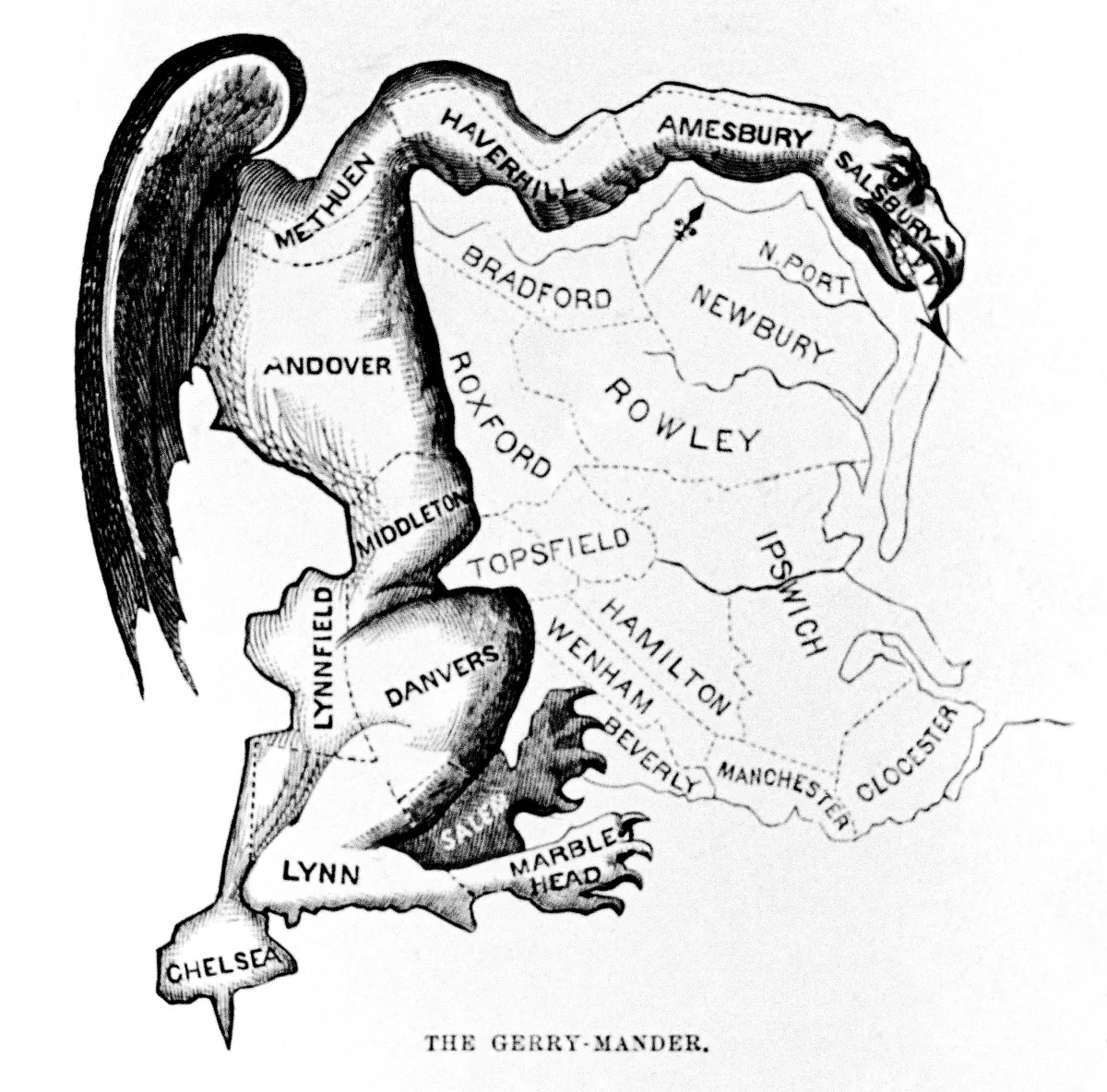Who's to Blame for the Opioid Crisis?
The CDC blames pharmaceutical companies and doctors; Republicans blame immigrants. But politicians are mainly responsible.
When things aren’t going well, people always look for a scapegoat. When it comes to the opioid epidemic, the CDC’s preferred scapegoat has been pharmaceutical companies. Meanwhile, the DEA blames doctors for over-prescribing pain medication, and has tightened regulations on the quantity that can be prescribed. As we’ve learned from Dr. Jeffrey Singer over the years, the crackdown on prescription opioids has missed the mark and made the problem worse: addicted patients have turned to the black market to satisfy their demand, and gotten hooked on far more dangerous drugs like illicit heroin and synthetic Fentanyl. Singer calls the misguided war on opioids a “war on pain patients” with no end in sight.
More recently, Republican politicians have tried to score points against the Biden administration by scapegoating illegal immigrants for the problem of Fentanyl smuggling. Smuggling has indeed increased. However, a Washington Post op-ed by Cato scholars Singer and David Bier (associate director of immigration studies) reveals the folly of the Republicans’ accusations. Illegal immigrants are not the ones bringing Fentanyl across the border, they note. It’s mostly US citizens doing the smuggling. Ever since border enforcement has tightened, it has become more common for smugglers to conceal small amounts of the much more potent Fentanyl in otherwise legal border crossings.
David and Jeff join the show of ideas to discuss the inevitable unintended consequences of both the war on drugs and the war on immigrants. We will investigate the issue from the angle of the failure of drug prohibition, as well as the failure of strict immigration policy. Both of these problems share a common root cause – they seek to interfere with free markets. The laws of supply and demand don’t stop functioning just because an artificial legal boundary is erected – whether you’re talking about drugs or people.
The solution is simpler than you think – but first, we must assign the blame correctly. Will politicians examine their own role in creating the crisis, or will they continue to scapegoat innocent people?
“They Won’t Assimilate”
The myth of illegal immigrants smuggling drugs into this country is one of many I’ve heard from angry listeners, who object to my support of (mostly) open borders.
I’ve already debunked several of the most common objections – from the idea that they’re coming for welfare, to the misconception that they’re taking “our jobs” (whatever that means).
Last week I released part five of that series to address the common complaint that today’s immigrants, unlike those of generations past, aren’t assimilating. Read it below, and catch up on previous installments here.
Ben Franklin thought this of the German immigrants to Pennsylvania in colonial times. The languages and cultures have changed, but the argument remains the same: this time is different. But it’s not different. As my guests point out, today’s immigrants are learning English at a more rapid rate than ever before.
ICYMI – Gerrymandering Special
Nick Seabrook, the author of just published One Person, One Vote, recently joined me to discuss the history, the problems, and the solution for gerrymandering before it is too late:
Nick Seabrook: The manner in part of the word stems from a famous cartoon that was published in a newspaper called The Boston Gazette in 1812. Immediately after Governor Gerry unveiled his new state senate map and the legislature started considering it. It was ridiculed by his political opponents in the tabloids as being a naked and transparent power grab. As the story goes, an editor from the Boston Gazette put a map of the districts up on his wall and drew a salamander shape on one particular district that snakes around the border of Essex County. This was the district into which his federalist foes had been packed in order to reduce their political influence.
One of his associates is supposed to have remarked, "Well, it looks like a salamander," and he said, "Well, better say a gerrymander." That was the origin of the term, the cartoon that was published in the newspaper the next day depicting this district as this somewhat sad-looking salamander.





